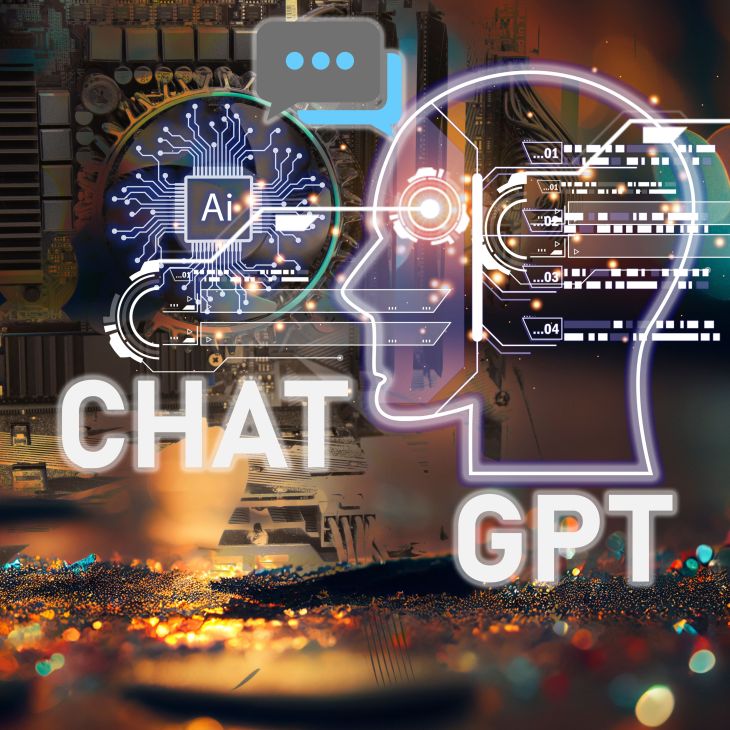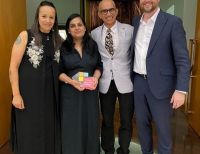02 February 2023
 As Artificial Intelligence-powered chatbots edge into the education sector, UniSA experts are encouraging teachers to take an active role in testing and using these cutting-edge tools to maintain a competitive edge in their profession.
As Artificial Intelligence-powered chatbots edge into the education sector, UniSA experts are encouraging teachers to take an active role in testing and using these cutting-edge tools to maintain a competitive edge in their profession.
The call follows a strict banning of ChatGPT in WA, NSW, Queensland, and Tasmania. Internationally, ChatGPT is banned in school districts across the US, France, and India.
ChatGPT (and similar technology) is part of a new wave of AI that can generate highly cohesive, human-like responses to questions and prompts. ChatGPT continues to be criticised because of concerns about student learning and the potential for plagiarism.
International expert in Artificial Intelligence (AI) and education, UniSA’s Professor George Siemens, says generative AI will create opportunities for teachers.
“Chatbots, such as ChatGPT, are innovations that are here to stay. But rather than avoiding or banning them, it’s far more beneficial for teachers to explore and experiment with them to get a better sense of what is possible,” Prof George Siemens says.
“For example, if you ask ChatGPT to produce a sample lesson plan for grade 5 algebra, the platform creates a set of objectives, any materials you’ll need, plus a range of suitable activities for students at that maths level. Or if you’re teaching programming, ChatGPT can create and debug code.
“If you’re a teacher, you can see how this tool could help you plan, generate ideas, and organise your weekly lessons. Importantly it frees time for you to connect and engage with your students so that you can create more personal and meaningful learning opportunities.
“Teaching is rapidly changing. By embracing new technologies, and learning how AI can complement teaching, we can prepare students for a future where they will be able to compete with the best and brightest.”
As teaching innovations grow in sophistication and complexity, Prof Siemens says it will be vital for assessment and teaching models to keep up.
“Existing assessment models that only test the product, but not the process of learning, will not fare well under an AI-shaped future,” Prof Siemens says.
“We already know that managing AI for out-of-class assignments could be challenging, but perhaps it’s indicative of the need to change traditional assessment models so that they better match modern learning needs?”
Prof Siemens says that AI can help reduce teacher administration, boost personalised learning experiences for students, and encourage real-world knowledge application. But to do so, the education sector must be open to change.
“We are on the cusp of a massive explosion of innovation and creativity in the education sector and AI is at the very centre of it,” Prof Siemens says.
“Teachers must start connecting with their peers around the impact of AI on their teaching; schools will need to advise parents about how they’re using AI in the classroom; school leadership teams must consider future options for professional development for their staff; and State and national education departments should be actively evaluating how AI will affect policy, technology needs, and teachers supports.
“AI presents a tremendous new technology that opens a whole new opportunity for knowledge generation and idea creation to improve teaching practices.
“This convergence of humans and AI working together is the future. Getting started now will ensure teachers and students build the familiarity they need to excel in this new space.”
…………………………………………………………………………………………………………………………
Contact for interview:
Professor George Siemens, Director: Centre for Change and Complexity in Learning
M: +61 449 661 290 E: [email protected]
Media contact: Annabel Mansfield M: +61 479 182 489 E: [email protected]







